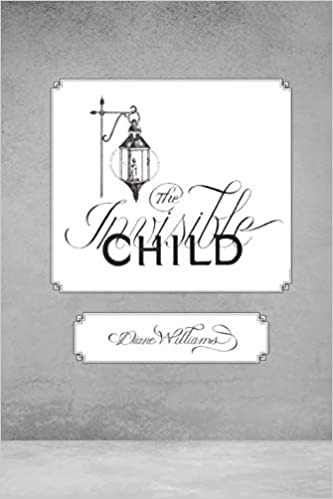J. California Cooper’s novel, “Life Is Short But Wide,” is a 2009 bestseller about “love.” Cooper cleverly engages readers by showcasing the characters’ searches in their quest for love. Cooper quotes, “Sometimes it’s a struggle to get over self-love first. Sometimes in this struggle for love, we give up or lose everything, and we still don’t achieve love. Some people don’t even recognize real love when it comes without being called or sought.”
Cooper strategically holds the reader spellbound as she intertwines the influences of the family, the friends, and the community in the lives of Herman and Myrine in their search for authentic love. Growing up, true love was displayed and given to them throughout their childhood. As adults, however, they veered into unknown territories.
One day while Herman sat in the classroom staring at Myrine as she passed out pencils and paper to the students, he silently confessed to himself that he loved Myrine and would marry her. The thought lingered in his spirit and began to grow. Herman tried to push the feeling away; he believed their age difference was too wide – more than ten years – and she would never consider him for her husband. Inevitably Herman sought to find his everlasting love elsewhere.
Cooper keeps the reader curious and eagerly turning pages on Herman’s and Myrine’s adventures with prospective partners. The many loops, hoops, and curves the author travels on their love journey explore what it is like to find diversity in love at all ages, stages, and conditions. Readers cannot help but wonder, “Are these two ever going to find real love?”
Herman encounters a twenty-year abusive and loveless relationship which dissolved in divorce. Living alone he ached for love; thus he was easily bamboozled into a relationship with a noncommittal woman. On the other hand, Myrine gave in to her fear of intimacy; she had male friendships and tried to convince herself that was enough to feel authentic love with a man. Herman would always stop in for brief visits between his dates.
Myrine wants “authentic love,” yet she is afraid. Through her parents were an excellent example, they both died too soon; she was a young girl. Their demise devastated her; the pain of heartache and loneliness made her cling to Tante, her only sister, whom she loved dearly. Consequently, the girls accepted their personality differences and agreed on a lifestyle of being true to themselves. Tante relocated and built her life in Europe, and Myrine remained in Wideland. Following Tante’s departure, fear permeated Myrine’s soul; she feared loving brought loss, yet she continued to yearn for “true love.”
From the sidelines, she watched for a decade as her best friend’s relationship blossomed with a man who loved her unconditionally. Needless to say her desire for love increased. Cooper does an amazing job of showcasing the influences of characters and their relationships — the healthy ones (like Juliet and Cloud) – Myrine’s best friend, and the various not-so-healthy ones.
Will these two individuals find a relationship that exhibits a true love and commitment that resembles a river’s everlasting flow?
Love is the essential theme throughout the entire book; however, near the end of the book Cooper inserts a religious conversation about Jehovah’s Witnesses. I paused to understand where and how this contributed to the book’s theme.
“Life Is Short But Not Wide” brings the reader into the livelihood of country folks. Its tale is delightful and will not disappoint readers.
Cooper was the author of seven short story collections and five novels, including “Homemade Love,” which won an American Book Award in 1989.

